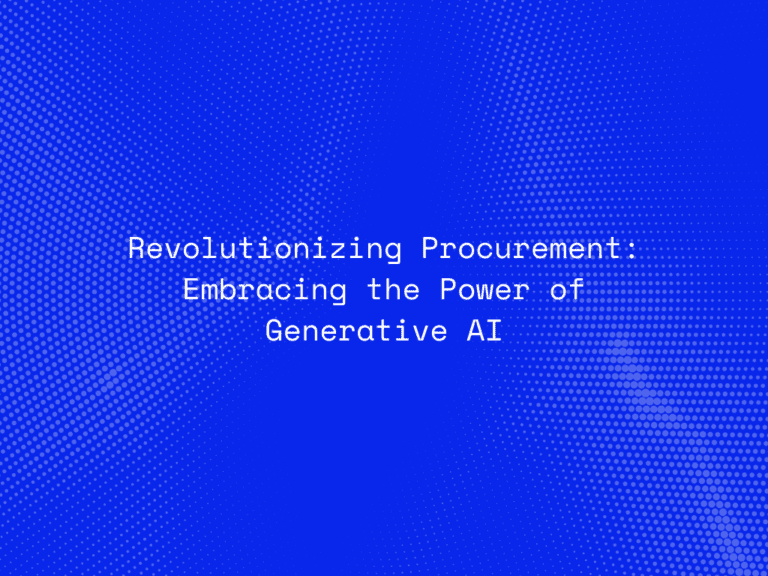Artificial Intelligence (AI) has become a defining force in modern business strategy. From automating processes to uncovering deep data insights, AI helps organizations scale faster and operate smarter. However, as adoption accelerates, businesses face an important question: how can they differentiate themselves in an environment where AI is rapidly becoming mainstream? The answer lies not only in what AI can do but in how it is used. Responsible AI adoption is emerging as a powerful differentiator—one that builds trust, ensures compliance, and strengthens long-term competitiveness.
Responsible AI: Beyond Innovation
Responsible AI refers to the ethical, transparent, and accountable deployment of AI technologies. While many organizations rush to adopt AI for efficiency, those that embed responsibility into their AI strategies set themselves apart. Responsible AI practices ensure that models are fair, unbiased, explainable, and aligned with legal as well as societal expectations.
By prioritizing responsibility, businesses move beyond pure innovation. They position themselves as trustworthy leaders in their industries, earning stakeholder confidence and public credibility.
Why Responsible AI Matters for Strategic Differentiation
In a crowded market, technology alone is no longer a differentiator. Nearly every enterprise can access AI-powered solutions. The distinction comes from deploying AI in ways that are:
-
Ethical: Ensuring algorithms are free from discrimination and bias.
-
Transparent: Making AI decisions explainable and understandable.
-
Secure: Protecting sensitive data and preventing misuse.
-
Compliant: Meeting industry regulations and global standards.
Companies that champion these principles gain a competitive edge by attracting customers, investors, and partners who value trust and accountability as much as performance.
Business Benefits of Responsible AI Adoption
1. Building Consumer Trust
Consumers are increasingly aware of the risks associated with AI, from data privacy concerns to algorithmic bias. Organizations that demonstrate responsible AI adoption signal their commitment to fairness and transparency, which strengthens brand loyalty.
2. Reducing Regulatory and Legal Risks
AI regulation is tightening worldwide, with frameworks emerging in the EU, US, and Asia. Businesses that adopt responsible AI early stay ahead of compliance requirements, avoiding fines and reputational damage.
3. Enhancing Brand Reputation
Responsible AI differentiates companies as thought leaders in innovation. This reputational capital attracts talent, investors, and customers who want to align with organizations driving ethical digital transformation.
4. Unlocking Sustainable Growth
By deploying AI responsibly, businesses foster sustainable growth. They not only gain immediate efficiency benefits but also future-proof themselves against societal and regulatory pushback.
Real-World Examples
-
Microsoft has placed responsible AI at the center of its strategy, with governance frameworks that prioritize fairness and accountability.
-
Google emphasizes transparency through explainable AI research and open-source tools.
-
Financial institutions are adopting responsible AI to ensure fairness in credit scoring and lending practices, balancing automation with human oversight.
The Future of Strategic Differentiation
In the next decade, responsible AI will not just be a best practice—it will be a business imperative. As AI becomes more embedded in critical decision-making, organizations will compete on trust, responsibility, and accountability as much as they compete on technology and efficiency.
Those that lead with responsible adoption will secure stronger customer relationships, stand resilient against regulation, and position themselves as industry pioneers in the era of intelligent business.
Conclusion
Strategic differentiation in AI no longer depends on being first—it depends on being responsible. Organizations that embrace responsible AI adoption demonstrate not only technical innovation but also ethical leadership. In doing so, they gain a sustainable competitive edge that will define the future of digital transformation.




